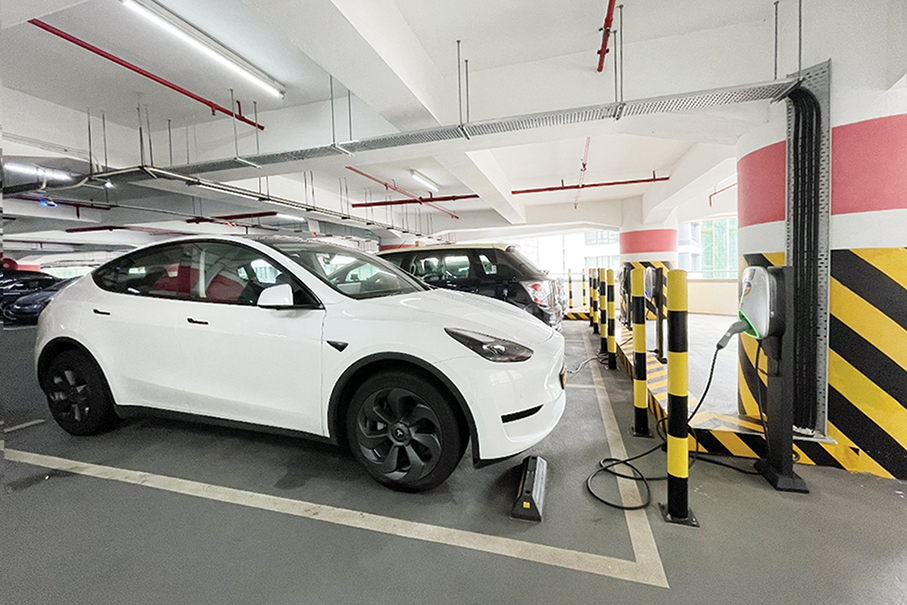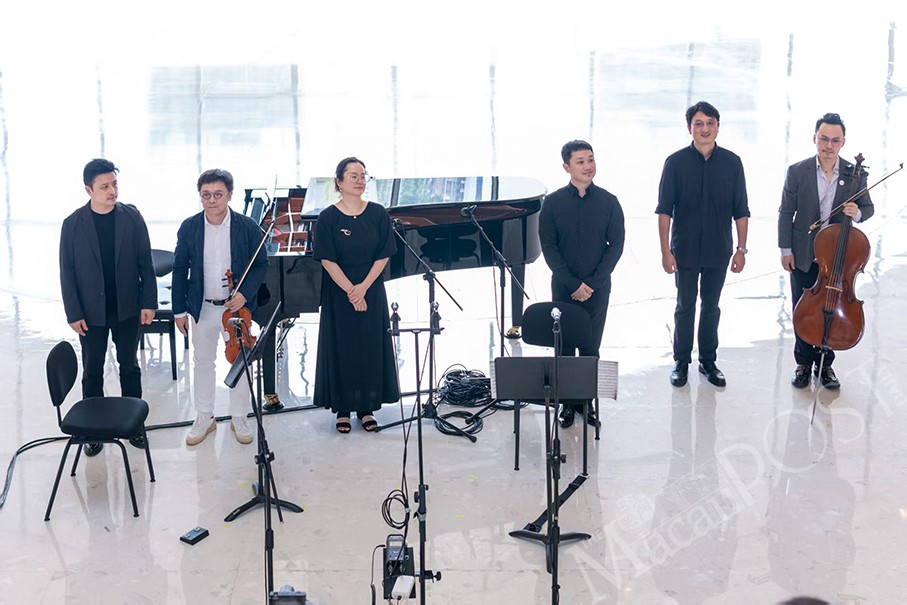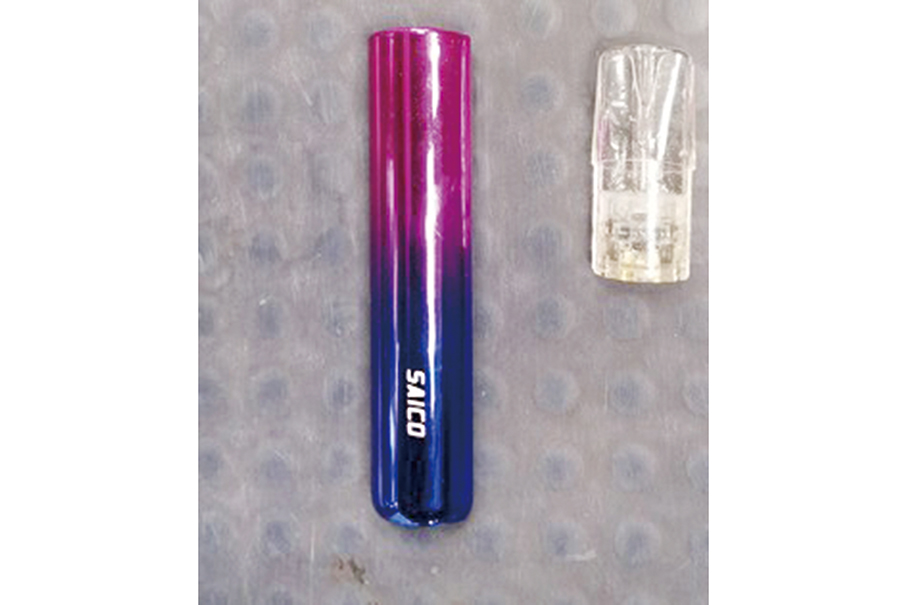The fees for charging e-cars in public carparks or at street parking spaces equipped with charging piles have been reduced by up to 24.4 percent, which took effect on Wednesday.
Initially, e-car drivers did not have to pay any fee for charging their vehicles in public carparks or at parking spaces on public roads. However, from July 28, 2022 they have to pay.
The reduced fees for charging e-cars, which started on Wednesday, were announced by a chief executive order published in the Official Gazette (BO) last week, when the Environmental Protection Bureau (DSPA) also issued a statement on the matter.
The charging fees have now been reduced by different rates ranging between 10.2 percent and 24.4 percent, depending upon which types of charging drivers choose.
Slow, medium, quick charging
E-car charging piles in public carparks and street parking spaces are run by the city’s power utility CEM. Three types of charging are provided, namely slow, medium, or quick.
According to last week’s announcements, while slow charging fees have not been reduced, its non-peak hours with a lower fee have been extended by three hours.
Before May 1, peak hours for slow charging ran between 9 a.m. and 11 p.m., while its non-peak hours ran between 11 p.m. and 9 a.m. the next day.
Now, according to last week’s announcements, the non-peak hours have been extended by three hours to 13 hours, running between 8 p.m. and 9 a.m. the next day, allowing drivers choosing slow charging to enjoy a lower fee at a more flexible schedule.
Unchanged from previously, drivers choosing slow charging pay 1.42 patacas per kilowatt-hour (kWh) during non-peak hours, while paying 2.15 patacas per kWh during peak hours.
Before Wednesday, drivers choosing medium charging had to pay 3.43 patacas per kWh for the first 60 minutes of charging their e-cars, while they had to pay 3.94 patacas per kWh after the first 60 minutes.
Now, according to last week’s announcements, drivers choosing medium charging only have to pay 2.98 patacas per kWh throughout the whole charging duration, i.e., no difference between the first 60 minutes and the time afterwards.
Consequently, the new medium charging fees (2.98 patacas) represent a decrease of 13.1 percent and 24.4 percent compared to the ones (3.43 patacas and 3.94 patacas) previously.
Before Wednesday, drivers choosing quick charging had to pay 3.83 patacas per kWh for the first 30 minutes, while they had to pay 4.4 patacas per kWh after the first 30 minutes.
Currently, according to last week’s announcements, drivers choosing quick charging only have to pay 3.44 patacas per kWh throughout the whole charging duration, i.e., no difference between the first 30 minutes and the time afterwards.
Consequently, the new quick charging fees (3.44 patacas) represent a decrease of 10.2 percent and 21.8 percent compared to the ones (3.83 patacas and 4.4 patacas) before.
Last week’s DSPA statement underlined that the new and reduced charging fees are now lower than the ones in Hong Kong.
The statement said that the Macau government aims with the reduced charging fees to promote the use of electric vehicles (EVs), also encouraging drivers to use slow-charging and charge their cars during non-peak hours.
The statement also noted that in Macau, e-car slow charging refers to a rated output power of up to 7.4 kilowatt (kW), while medium charging refers to a rated output power of over 7.4 kW and up to 25 kW. Quick charging refers to a rated output power of over 25 kW.

This undated file photo released by the Environmental Protection Bureau (DSPA) shows an e-car being charged in a carpark.








